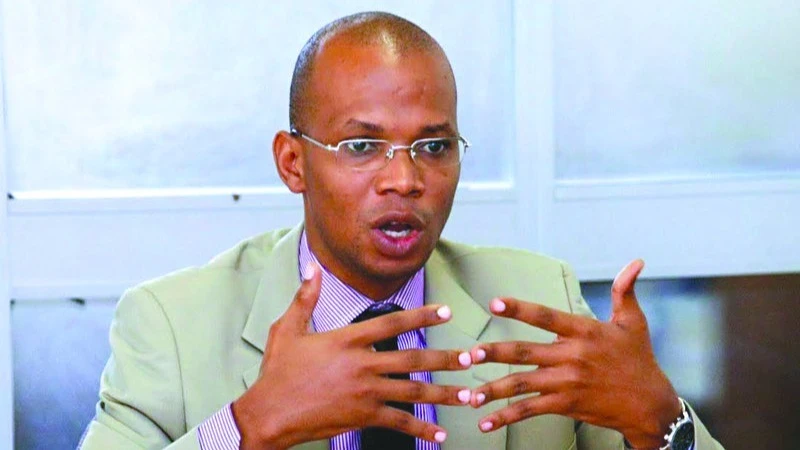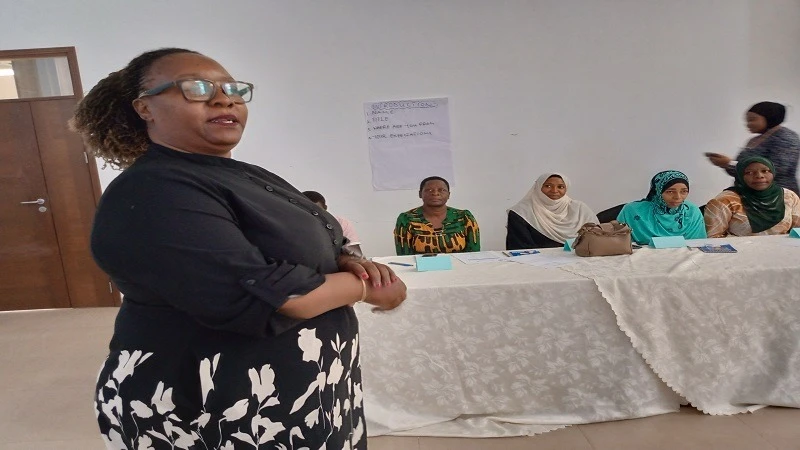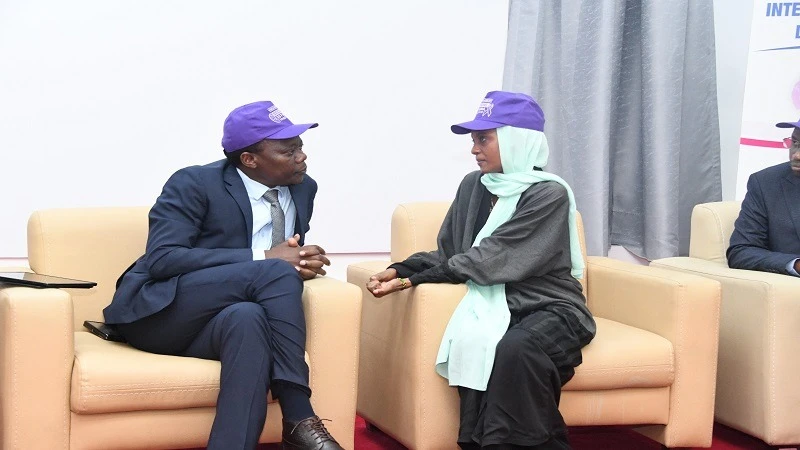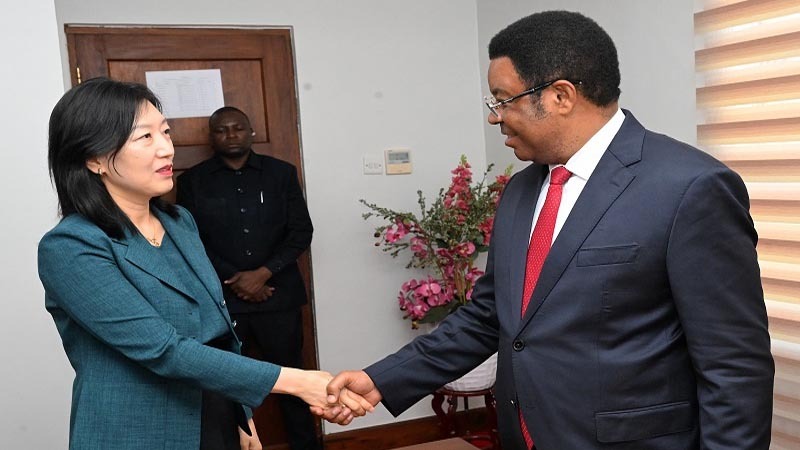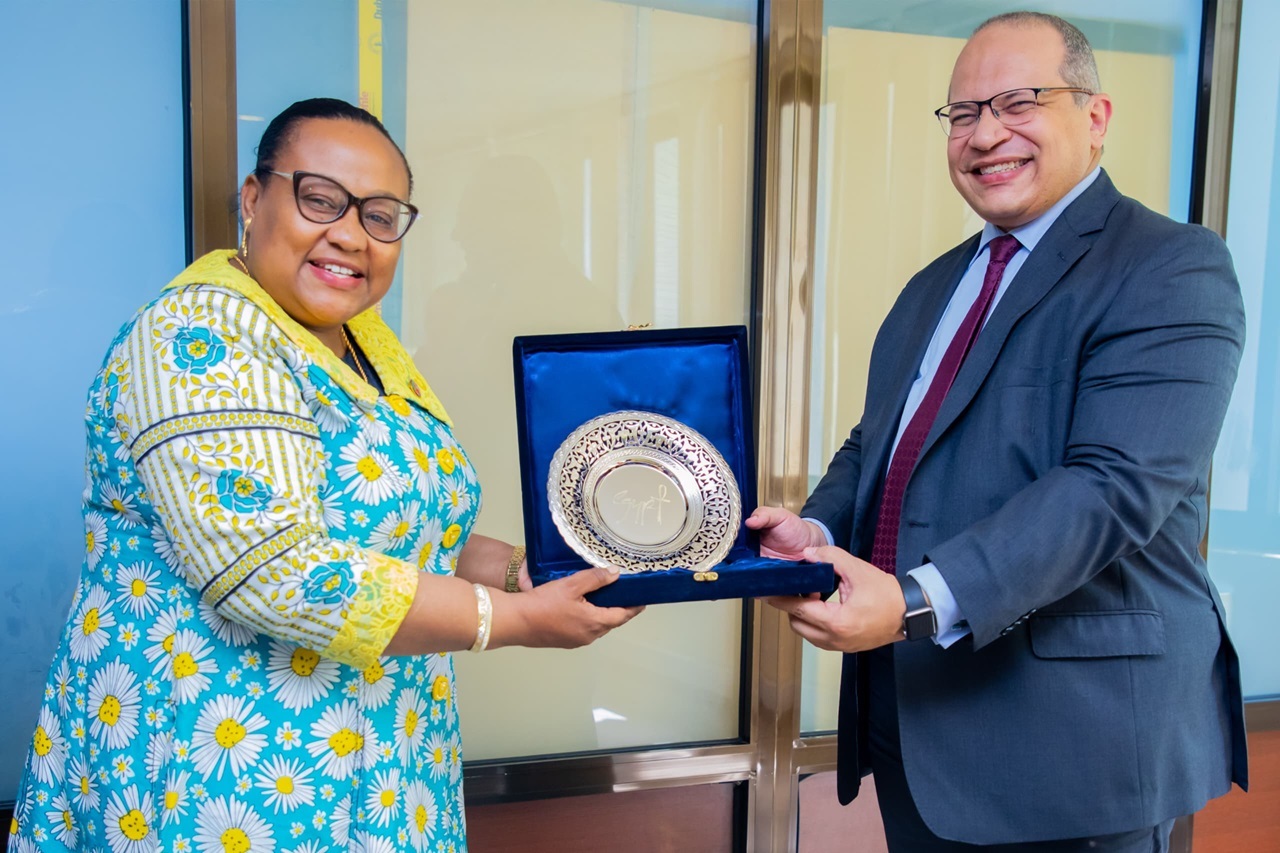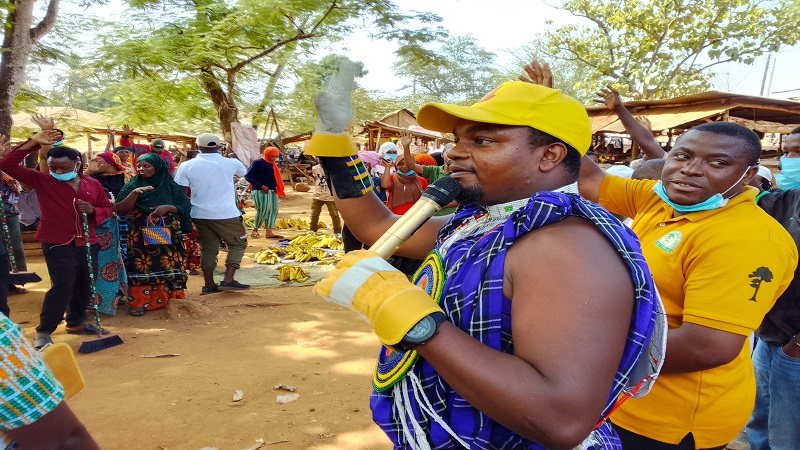Male involvement during pregnancy and childbirth: A call for greater commitment
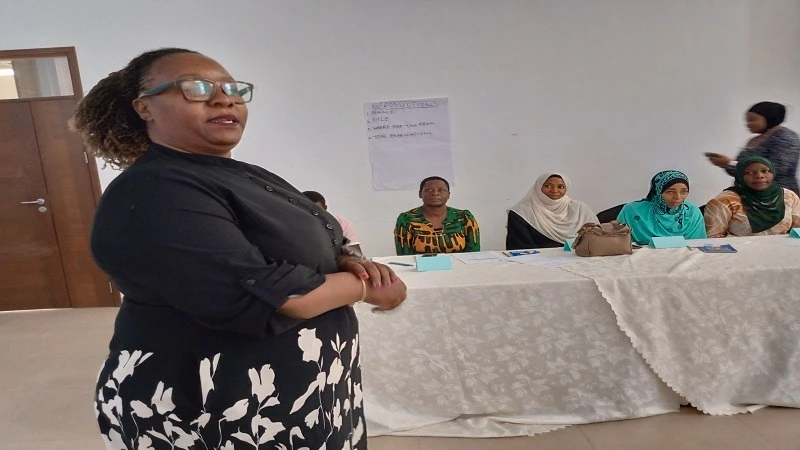
ONE of the key campaigns in Tanzania has been advocating for men to accompany their pregnant wives to clinics for check-ups. This practice is seen as an essential step in strengthening marital bonds during pregnancy and the postpartum period.
Additionally, it contributes to maternal well-being, increases men's awareness of reproductive health, and supports the birth of healthier babies.
Despite on-going awareness campaigns, male participation in antenatal visits remains low due to various reasons that often lack strong justification.
Dar es Salaam Regional Maternal and Child Health Coordinator Agness Mgaya, recently presented regional statistics during an emergency service training session for midwives and health professionals.
She highlighted that while there has been a call for men to accompany their wives to clinics and delivery rooms, the response remains limited.
“Only 40 percent of men accompany their wives to clinics, and many who do not participate cite reasons that are quite weak,” said Mgaya, emphasizing that when a man supports his wife during pregnancy, he gains essential knowledge on how to provide pre-care before seeking medical assistance.
For instance, a husband may misinterpret a headache as a common issue and administer painkillers, not realizing it could be a symptom of a serious condition such as preeclampsia.
Currently, there are 35 health centers in Dar es Salaam that offer surgical services and an estimated 157,000 women give birth in the region annually. Increased male involvement could significantly improve maternal and infant health outcomes.
Several factors contribute to men’s reluctance to attend clinic visits, including work commitments and societal perceptions. Mgaya stresses that these barriers can be overcome if men understand the importance of their presence at clinics.
She said: “Health experts continue to emphasize the need for men to accompany their partners to clinics. It is an opportunity for them to learn how to support their wives during pregnancy, birth, and even postpartum.”
Mmale participation should not end at childbirth. Fathers should remain involved to understand reproductive health education, the benefits of breastfeeding, and the overall well-being of both mother and child.
"A caring husband should accompany his wife for all eight antenatal visits and continue supporting her after delivery. This not only strengthens their bond but also ensures better health outcomes for the entire family," Mgaya added.
Dr Beatrice Mwilike, President of the Tanzania Midwives Association (TAMA), emphasized the need for continued training for midwives to enhance their skills and effectiveness.
She highlighted challenges in reproductive health brought about by climate change and the necessity for midwives to be equipped with the right knowledge to address these challenges.
"A pregnant woman may experience severe bleeding after delivery or miscarriage, and midwives must be trained to handle such emergencies effectively," she said.
Dr Mwilike pointed out that many infant deaths occur within days of birth, but proper training for midwives can reduce infant mortality rates by 90 percent.
She further explained that on-going training is part of a seven-year project called 'Value Safe Birth,' launched in Dar es Salaam last year. The project, running in partnership with UNFPA and midwifery associations from Tanzania and Canada, aims to train 600 midwives across Dar es Salaam and Shinyanga regions.
Progress in maternal mortality reduction
Four years ago, Tanzania recorded 556 maternal deaths per 100,000 live births. Due to increased investment in healthcare infrastructure, medical equipment, and staff training, this number has dropped significantly to 104 per 100,000 live births.
The commendable progress in maternal healthcare led to President Samia Suluhu Hassan receiving the prestigious Global Goalkeeper Award from The Gates Foundation. The award recognizes her contributions to improving the country’s health sector.
Upon receiving the award, President Samia reaffirmed Tanzania’s commitment to achieving the global target of reducing maternal mortality to 70 deaths per 100,000 live births by 2030.
The government has so far made several strides including, increasing the number of registered specialist doctors from 69 in 2020 to 338 in 2024, providing free reproductive health services and child healthcare for children under five, strengthening emergency referral systems with 727 new ambulances since 2015, expanding access to emergency maternal and new-born services as well as increasing the number of ultrasound machines from 345 in 2020 to 970 in 2024.
One of the critical initiatives supporting maternal healthcare is the 'M-MAMA' programme, which provides emergency transportation for pregnant women to healthcare facilities.
The initiative, coupled with improvements in rural roads, ensures that expectant mothers receive timely medical care, further reducing maternal and infant mortality.
A call for change
The progress made in maternal healthcare is commendable, but the participation of men remains a crucial element in sustaining these improvements. As awareness campaigns continue, the goal is to see more men actively involved in their partners' reproductive health journeys.
Tanzania’s strides in maternal healthcare reflect a brighter future where childbirth is no longer a high-risk experience but a safe and celebrated milestone for every family.
Top Headlines
© 2025 IPPMEDIA.COM. ALL RIGHTS RESERVED













